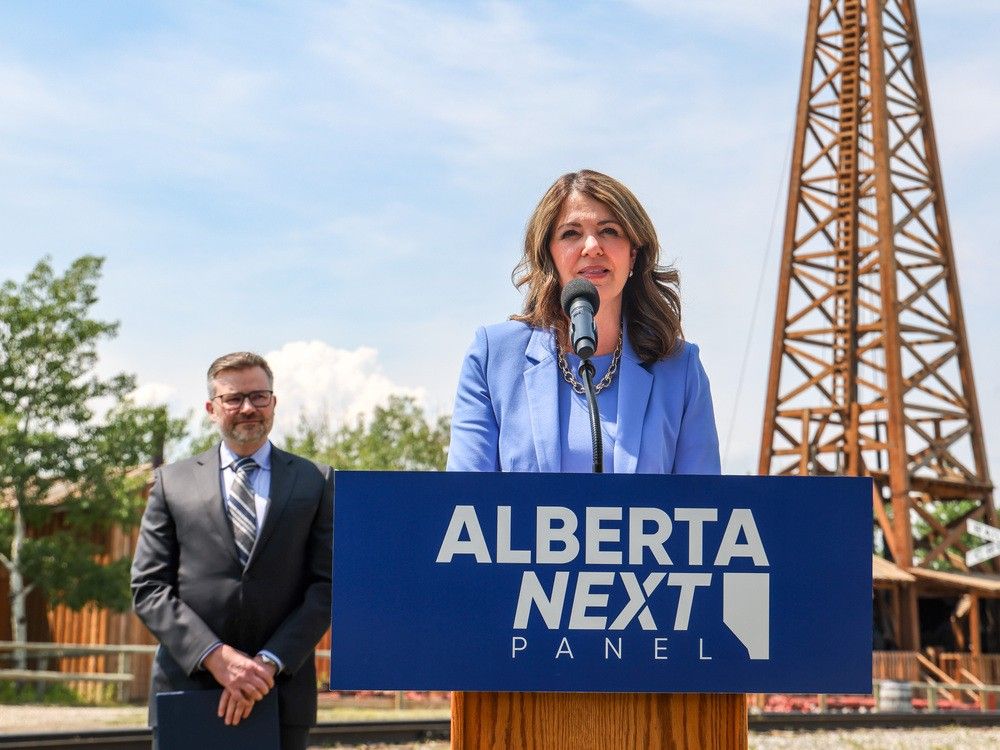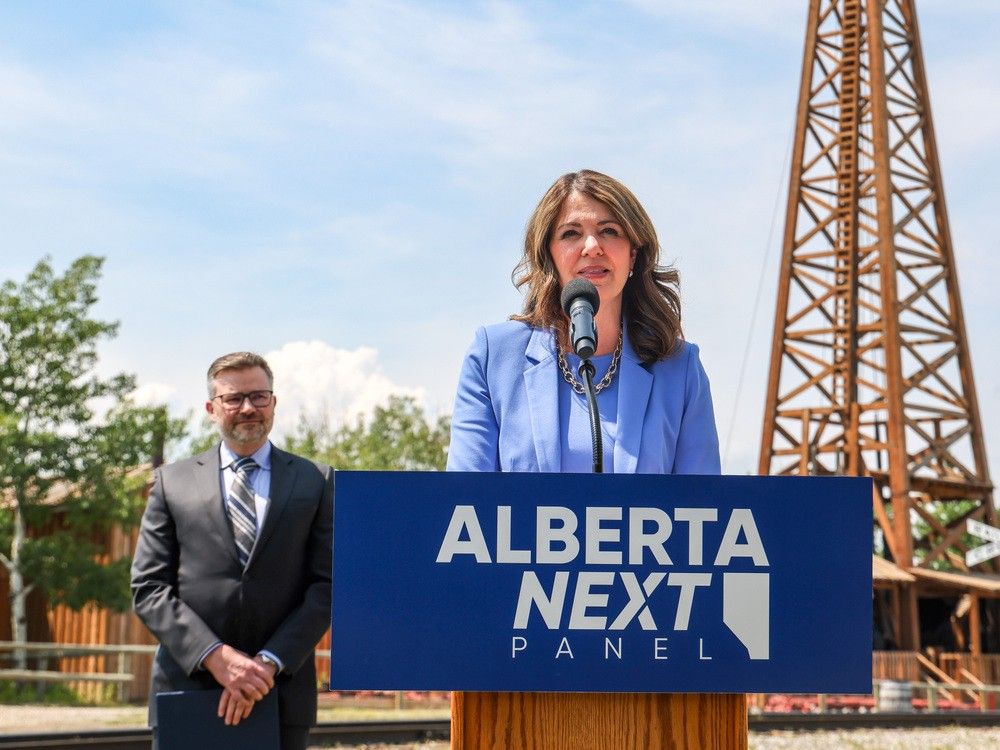
OTTAWA — Alberta is pitching that provinces collect more tax dollars and Ottawa less, in its latest volley against the federal equalization program.
The idea was put forward on Tuesday
posted to the website for the newly launched
.
The video proposed that the current fiscal arrangement in which Ottawa collects
of all tax revenues be flipped on its head.
“What if we cut out the middleman and instead had provincial governments
— that are responsible for delivering health care, education and social services — collect around 60 per cent of all taxes(?)” asked the narrator.
The clip draws inspiration from an unlikely source, pointing to a fiscal decentralization scheme recently floated by Quebec.
“Quebec has already proposed having the federal government let provinces keep GST revenue generated in their provinces in return for ending the federal health transfer … Why not apply that same logic to all federal transfers?”
“Less money collected and wasted in Ottawa, less federal transfers with only a modest amount of equalization for the smallest provinces and territories that actually need it.”
The three-minute video leads to an online survey on the equalization program geared to Alberta residents.
The idea of swapping health transfers for GST revenue was
put forward to Quebec’s government last fall by a special advisory committee on constitutional issues.
Alberta currently receives
annually from Ottawa through major federal transfers.
Alberta Premier Danielle Smith said shortly after April’s federal election that she
to “subsidize” larger provinces like Ontario and Quebec through the federal equalization program.
“
That was never the intent of equalization, and it needs to end,” Smith said in an early May address to Albertans.
Total equalization payments will reach
in the 2025-26 fiscal year, with Quebec taking home slightly more than half of this haul.
Smith has recently called for the equalization program to be downsized and reconfigured
of smaller provincial economies like Manitoba and the Maritime provinces.
Alberta hasn’t gotten an annual equalization payment since the 1964-65 fiscal year and, according
, has seen less than 0.02 per cent of all payments under the program since its inception in 1957.
Sixty-two per cent of Albertans voted
referendum for equalization to be removed from Canada’s Constitution.
Daniel Béland, the director of McGill University’s Institute for the Study of Canada, said he’s “not optimistic” about Alberta’s suggestion that larger provinces stop receiving equalization programs in exchange for greater tax collection powers.
“This idea of cutting Quebec out of equalization is politically a non-starter,” said Béland.
“I mean, it would create a very strong backlash in (Canada’s) second largest province. That’s 78 seats in the House of Commons.”
“The logic of equalization is not about size, but about fiscal capacity on a per-capita basis,” added Béland.
He also said that there was little basis for the comparison between health transfers and equalization payments.
“Health transfers bring provinces together because they have a shared interest in getting more money from Ottawa. With equalization, there are explicit winners and losers,” said Béland.
Equalization is one of six topics the Alberta Next panel will be looking into. Others include the Alberta Pension Plan, a provincial police force and constitutional changes.
Smith named University of Calgary economics professor Trevor Tombe, an expert on equalization, to
The premier has said that ideas and discussions from the panel will be used to shape questions put forward to Albertans on next year’s referendum ballot.
National Post
Our website is the place for the latest breaking news, exclusive scoops, longreads and provocative commentary. Please bookmark nationalpost.com and sign up for our daily newsletter, Posted, here.
